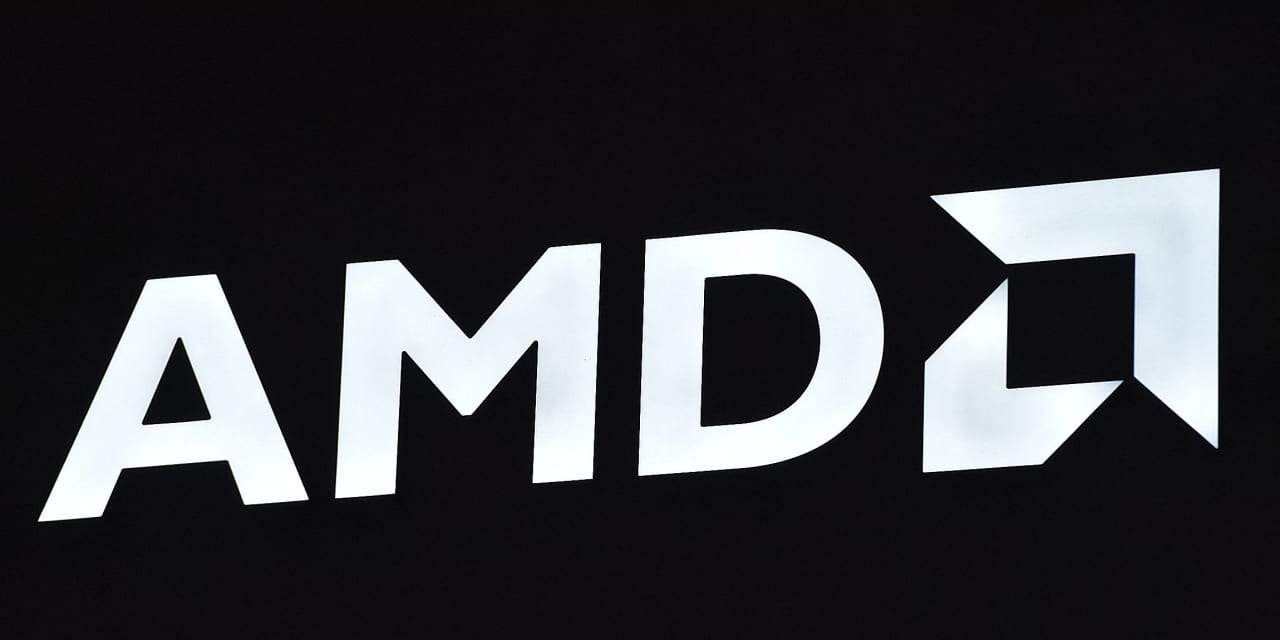AMD faced similar investor pressure regarding the sustainability and shareholder value of growth in the AI sector. CEO Lisa Su addressed this concern at the “Accelerate AI” event in San Jose, Calif., emphasizing the significant expansion of the projected total addressable market (TAM) for data center AI accelerators. The TAM has surged from \(150 billion to a projected \)400 billion by 2027, indicating a remarkable growth rate exceeding 70% over the next four years. Su’s assertion that “AI is absolutely the No. 1 priority at AMD” was supported by the company’s strategic shift, accelerated AI software development, and enhanced collaboration with partners.
AMD’s confidence in its AI product line was evident during the event, particularly with the introduction of two new data center AI processors: the Instinct MI300X and MI300A. The MI300X competes directly with traditional data center GPUs like Nvidia’s H100, while the MI300A integrates CPU and GPU cores into a unified package, resembling Nvidia’s Grace Hopper and Intel’s Falcon Shores projects. Notably, the MI300X boasts impressive performance metrics, including parity with the Nvidia H100 GPU in AI training workloads and 40-60% faster performance in AI inference tasks, attributed in part to its substantial 192GB memory capacity per GPU compared to the H100’s 80GB limit.
Despite Nvidia’s recent announcement of the H200 with enhanced memory capacity and performance, AMD’s proactive approach with the MI300X underscores its commitment to innovation and competitiveness in the AI market. The focus on software ecosystem development, exemplified by the release of ROCm 6 as a CUDA alternative, has garnered support from industry players like OpenAI, Microsoft, and Dell. The immediate availability of MI300X-based instances on Microsoft Azure and Dell’s readiness to accept orders signal a positive trajectory for AMD’s market penetration and partnership expansion.
While Nvidia has preemptively responded to AMD’s advancements with product enhancements, the emergence of the MI300X poses a long-term challenge for Nvidia and Intel. As customers increasingly recognize the value proposition of AMD’s AI solutions in terms of performance, software support, and cost-effectiveness, AMD stands to gain ground in future AI system integrations. Intel, in particular, faces heightened competition as AMD solidifies its position as a prominent alternative for AI computing in data centers. The evolving landscape of the data center AI market suggests promising opportunities for AMD to capitalize on its MI300 chips and drive growth in the foreseeable future.






